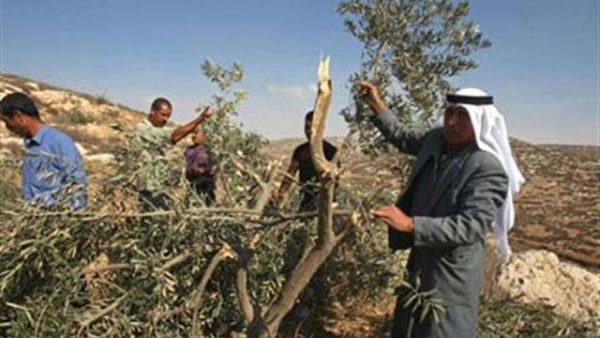Palestinian farmers learned long ago how to adapt agriculture to climate extremes - it is where agriculture originated, after all. Hot temperatures and scarce rainfall forced farmers to find crops that could survive difficult conditions.
This history formed an important part of Palestinian culture and identity, influencing songs, stories, and expressions, but has come under increasing threat from a combination of factors including climate change, Israeli colonization of Palestinian farmland, and hybrid varieties of crops made available by big agricultural companies.
A new initiative aims to save Palestine's agricultural heritage with a seed bank dedicated to preserving traditional crop varieties used by farmers for generations, before they are lost forever.
Formally launching in June, the Palestine Heirloom Seed Society aims to educate Palestinians about traditional agriculture and the culture that it shaped.
The project is supported by the Qattan Foundation and is the brainchild of Vivien Sansour, a writer and photographer who worked abroad for many years before returning to Palestine.
“I realised that what was also under threat was something deeper — the connection to a sense of cultural identity. The songs women would sing in the fields. Phrases, even the words we use," Sansour said. "So it is about preserving the local biodiversity, but it is also about the importance to Palestinian culture of traditional agricultural methods.”
Sansour hopes that part of the project will be housed in the Qattan Foundation - a new science center in Ramallah - where it can continue to educate students and the next generation of farmers about traditional practices.
With reporting by The Guardian and Gulf News.








